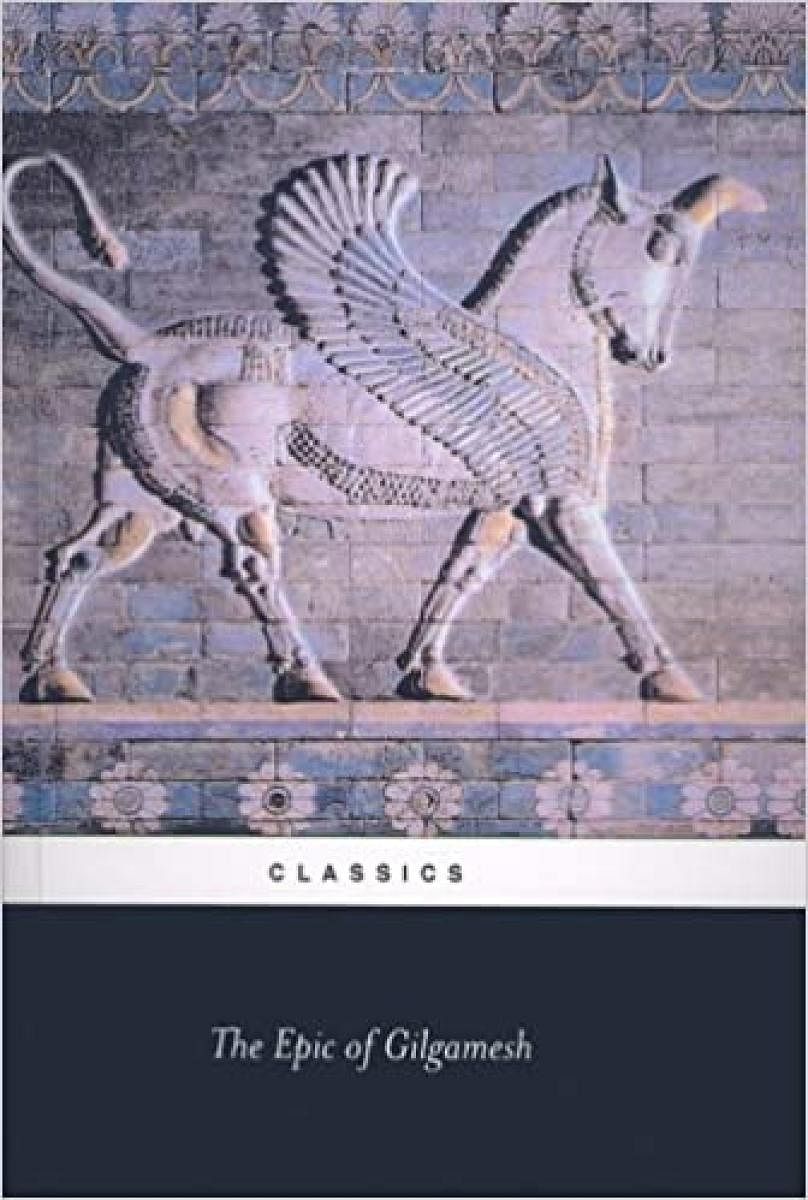
For the German poet Rainer Maria Rilke, the Epic of Gilgamesh was an “epic about the fear of death”. He read it in translation in 1916 and apparently couldn’t stop talking about it to anyone he encountered.
There’s some debate about the exact age of Gilgamesh. The poem itself was pretty widely known in Babylonia and Assyria in the first millennium BC. But its true age was even older: the Babylonians themselves attributed its authorship to a scholar named Sîn-liqe-unninni. The Babylonians and Assyrians called the poem “He who saw the deep” — the He refers to Gilgamesh, the king of Uruk. Modern research has now come to the conclusion that the oldest fragments of the poem — and it was discovered in a series of fragments on cuneiform tablets — are the work of a Babylonian poet who wrote it more than 3,700 years ago. That poet is believed to have based it on Sumerian texts that are even older. So the one definitive conclusion we can make? It is perhaps the oldest epic known to human civilisation.
Rilke might have been enamoured by its theme of man’s constant struggle against death, but when I read the Andrew George translation (which combines the Babylonian, Akkadian, and Sumerian texts) the most dominant theme seemed to be that of friendship. The friends here being Gilgamesh and Enkidu, a “wild man” who was brought up by wild animals.
Enkidu was created by the gods after the people of Uruk complained to them about Gilgamesh’s tyrannical ways. The task of creating him was given to the goddess Aruru (it’s nice to know that even in ancient times delegating tasks was a key managerial skill even among divine entities). The goddess Aruru was the one who had created mankind so it didn’t take much effort on her part to create Enkidu who was in essence a clone of the first man. She: “…washed her hands, took a pinch of clay, threw it down in the wild. In the wild, she created Enkidu, the hero,…”
Reading The Epic of Gilgamesh is to experience a strange world. So far removed are its descriptions of ancient Mesopotamia from anything that a modern reader would know that its otherworldliness makes it even more enchanting. That it has survived so many millennia and is one of the few written accounts of a long-vanished civilisation makes reading it an incredibly moving experience.
Despite not being a continuous narrative — a lot of the poem has been lost to time — whatever has survived has been translated and interpreted thanks to the skill and wit of scholars such as Andrew George. They have managed to create as coherent a story as possible about a king, his best friend, and the one eternal quest across centuries of human existence: how does one achieve the wisdom to live a life of meaning.
The author is a Bengaluru-based writer and communications professional with many published short stories and essays to her credit.
That One Book is a fortnightly column that does exactly what it says — takes up one great classic and tells you why it is (still) great. Come, raid the bookshelves with us.